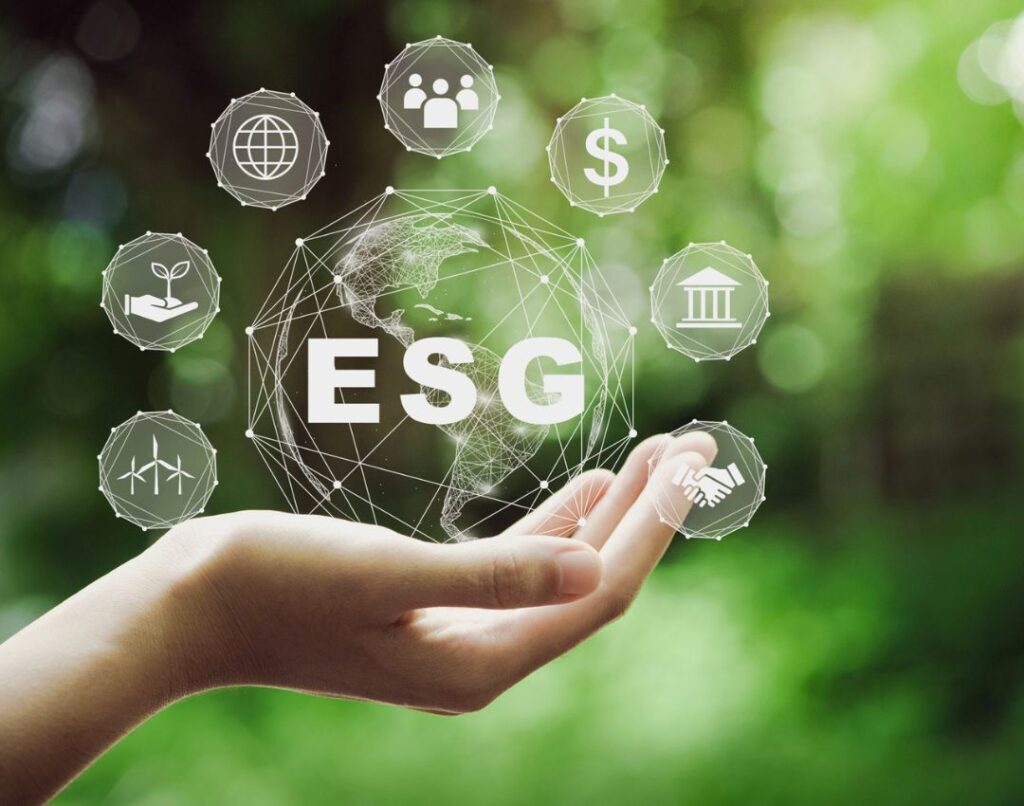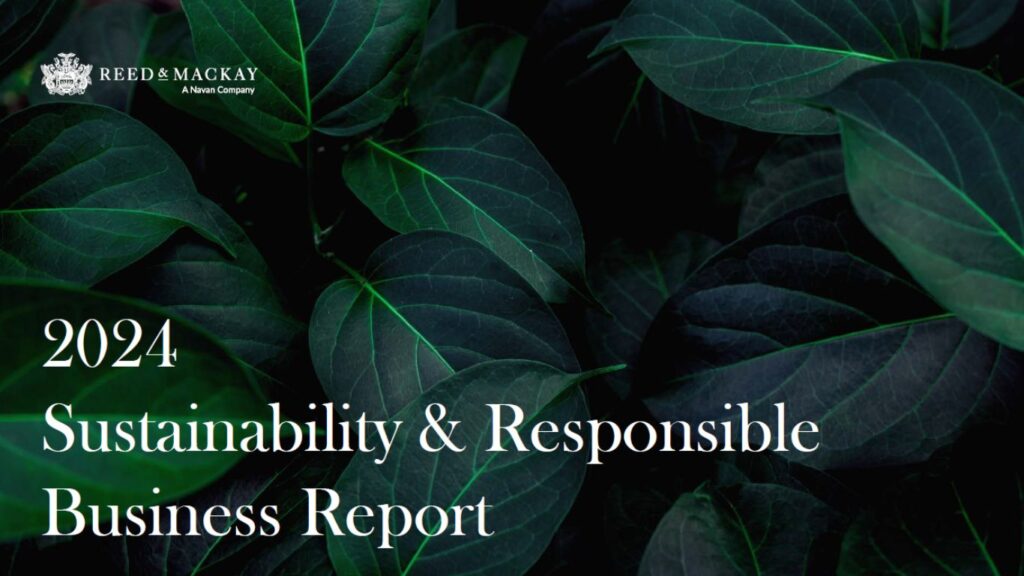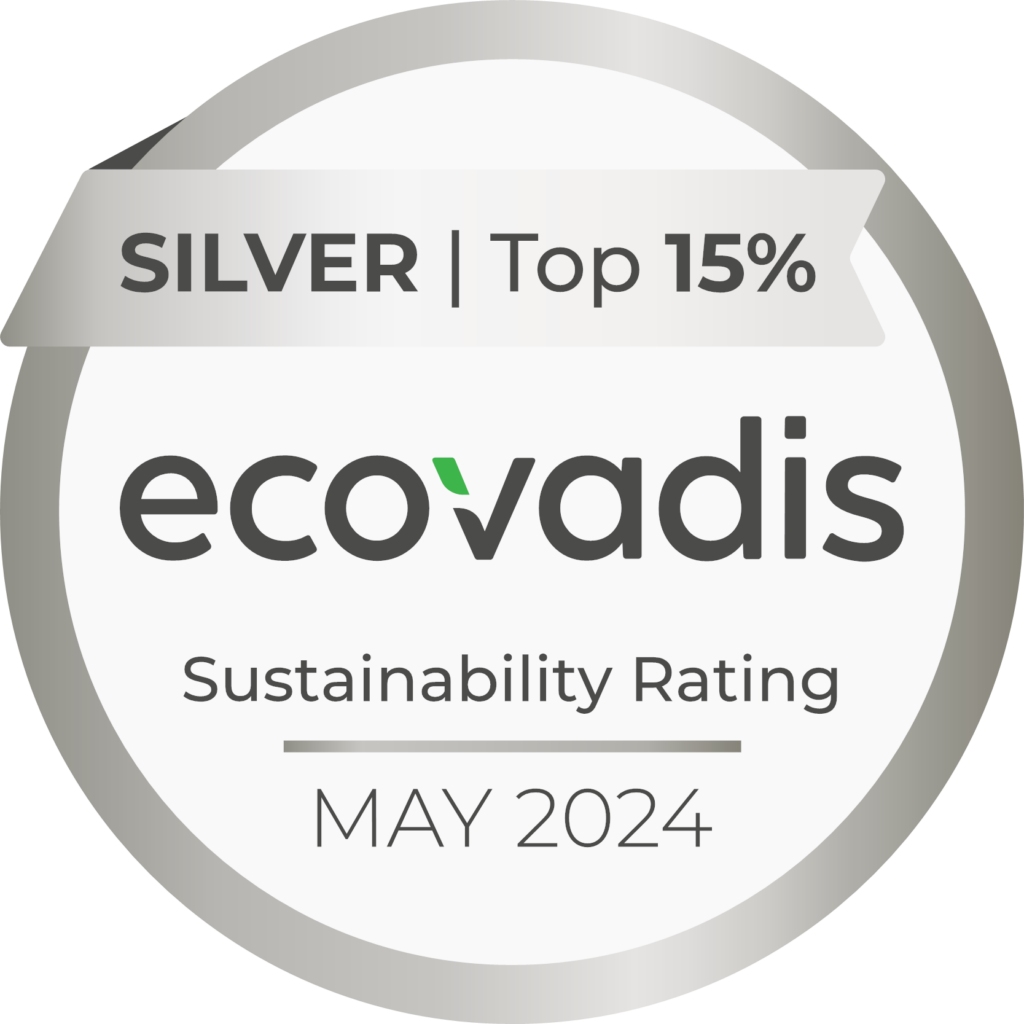As the quest to reach Net Zero fast approaches, and with a host of sustainability reporting directives becoming legal requirements across the world, the need for planning sustainable events is becoming more urgent.
Combined with statistics such as it’s estimated that the UK events industry creates more than 100,000 tonnes of waste each year that ends up burned or in landfill, sustainable events are therefore a critical focus.

Encouragingly, Reed & Mackay Events Client Success Manager Nity Tripathi believes sustainability is a priority in event RFPs. Nevertheless, Tripathi adds, the education element around planning sustainable events needs to expand.
“Companies are definitely considering ways to offset their carbon footprint through events, but our focus should be on helping them reduce that footprint from the outset,” Tripathi says. “For individual events, there’s growing awareness around sustainable practices – such as offering eco-friendly menus and reducing plastic and paper usage. However, the hospitality and events industry still lacks consistent standards for what is truly eco-friendly and this needs to evolve.”
Although recording the impact sustainably run events can make remains quite difficult, due to inconsistency in a global standard measurement, the right moves forward are being made.
“It comes down to whether a client has set parameters to a booker about what a sustainable event actually means,” Reed & Mackay Team Lead Global Events Client Success Manager Mat Browne explains. “When it comes to calculating how sustainable the event is, this is where we can help the client, providing tech platforms with measurements they require and guide clients to make more sustainable decisions.”
That includes offering reporting on the event travel side, suggesting options such as group travel and organising public transport or coach transfers for both cost and sustainability efficiency.
“It’s about taking those small steps; discover what the client did for their last event and find ways to improve the sustainability factor,” Browne adds. “One such example could be tasking the hotel hosting the event to source everything external from within a five-mile radius of the venue.”
Our expert team can help guide you through how and where to make more sustainable decisions. Here, Reed & Mackay Event Manager Ahnya Livingstone shares some top tips on how to consider the environmental impact your event might have and how to make it as eco-friendly as possible.

9 ways to planning sustainable events
1) Historically, you’d find so many single-use items at events. So forget the ‘swag’ as so much is left behind, which is not environmentally friendly. If you do want to give delegates something, make sure it’s something they are going to reuse. For example, say no to disposable ponchos, yes to umbrellas.
2) To reduce waste, think about elements like flower arrangements. Can delegates take them home or can you arrange for them to be sent to a local hospital or charity? This would also need to factor in travel costs and fuel consumption. Alternatively, ask if you can compost them at the venue.
3) When considering waste management, cut down on plastic and paper packaging. Avoid buying items that come in plastic packaging, such as pens and notebooks. This will help reduce both costs and plastic. And use electronic whiteboards where possible to avoid using paper.
4) Where is the event’s location? When considering the overall climate impact of getting people to the event, look at destinations that commit to eco-friendly initiatives. Cities such as Oslo, Norway – which is the same distance from London as Paris is – is a walkable city. And, even if using public transport there, it’s reliable even in bad weather.
Destinations in the UK are also running great initiatives. An example of one venue we’ve worked with, if at least 50% of delegates travel by train to an event, they’ll take 15% off DDR. This shows how the industry is incentivising clients to become more sustainably responsible, one step at a time.
5) The venue you choose may follow green initiatives – but does the catering company they use do the same? Does the approach focus on zero waste and fresh, seasonal products? Do they ethically source their products? The same goes for any suppliers the venue uses.
6) Does the venue have specific goals and policies around sustainability? While there are many types of accreditation – from the Events Industry Council’s Sustainable Event Standards to the ISO 20212 for sustainable event management and many in between – solid accreditations can show they’re serious about sustainability.
7) Is the event’s supply chain energy efficient? Connect with more sustainable suppliers on LinkedIn. For example, if it fits the client’s brief, consider working with companies producing recyclable promotional stands. Or companies that use packaging that’s biodegradable or reusable. And, if your event does require customised printed materials, hire companies that use recycled products.
8) Name badges – reuse them if you can, by using magnetic ones. As for lanyards, don’t have them custom-made for one event, printed with one date only. Think about the wording and order goods you can reuse.
9) Use event technology. You can track sustainability action, build an entire digital attendee hub and app, enable digital registration and make informed sustainable decisions for the next event. Reed & Mackay is committed to sustainability. By partnering with Cvent, we are investing in the technology that allows us to focus our efforts on sourcing sustainable properties and/or running sustainable events.
Did you know…?
At Reed & Mackay we upskilled our staff with a full sustainability-in-events training programme. This ensures we place sustainability at the core of our proposition. We are also continuing to innovate the way we report on our events. This provides our clients with full carbon calculations to help roadmap improvements pre- and post-event.
We are now in a position to provide full end-to-end reporting on an event’s CO2 footprint, including, travel, accommodation, venue and F&B. Furthermore, while providing the data and reporting to offset we also offer a consultative approach to provide a 360° offsetting solution aligned with the clients values, aims and objectives.
Read more in our 2024 Sustainability & Responsible Business Report
















